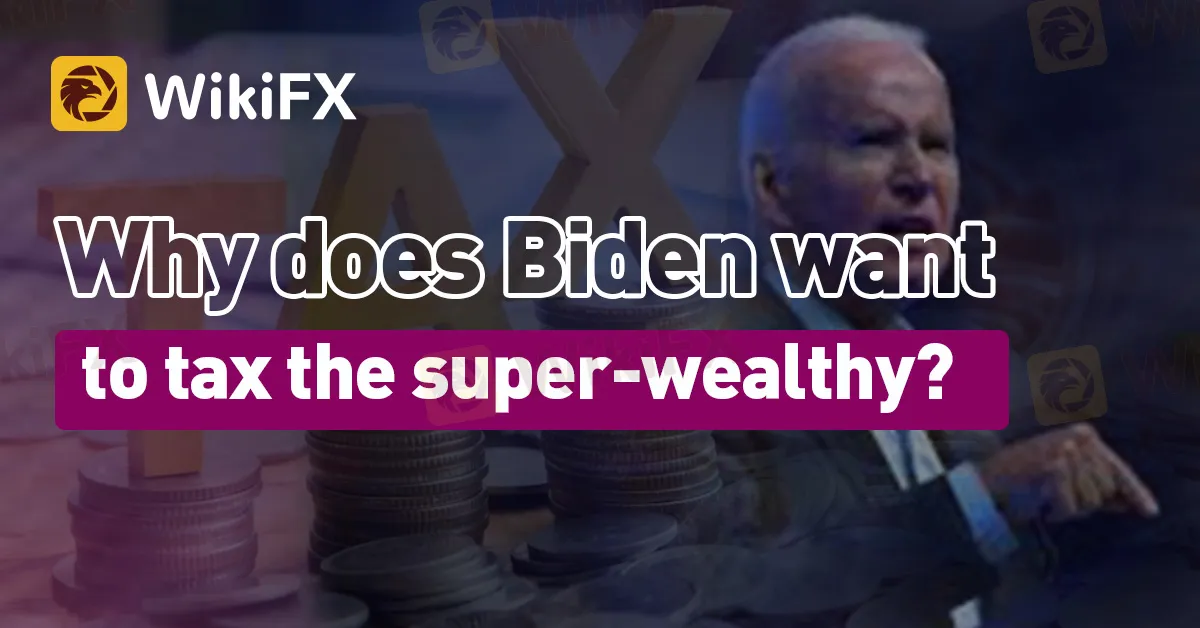简体中文
繁體中文
English
Pусский
日本語
ภาษาไทย
Tiếng Việt
Bahasa Indonesia
Español
हिन्दी
Filippiiniläinen
Français
Deutsch
Português
Türkçe
한국어
العربية
Why does Biden want to tax the super-wealthy?
Abstract:Elon Musk, the world's richest man and chief executive of electric car maker Tesla Inc., said that U.S. President Joe Biden's call for higher taxes on America's super-rich would only hurt low and middle-income classes.

Elon Musk, the world's richest man and chief executive of electric car maker Tesla Inc., said over the weekend that U.S. President Joe Biden's call for higher taxes on America's super-rich would only hurt low and middle-income classes.
He tweeted, “I agree that we should make elaborate tax avoidance schemes illegal, but doing so would upset a lot of donors, so we'll see talk but no action.” Those who will actually be forced to bear the burden of excessive government spending are low - and middle-income earners, because they cannot escape payroll taxes.
Musk's tweet was in response to a tweet from Biden, who had earlier tweeted: “It's about time the super-wealthy start paying their fair share.” Biden noted that while the number of billionaires in the United States has grown to about 1,000, they pay only about 8% of their income in taxes.
According to a White House fact sheet released Saturday, which notes that many wealthy people pay lower tax rates than middle-class workers. “But when a billionaire earns income because their investments increase in value, that gain is too often never taxed at all.”



Tax the rich to replenish the Treasury
Earlier, the White House announced that as part of the 2023 fiscal year budget, the Biden administration would propose a minimum 20% tax on the wealthiest households in the United States, covering unrealized gains on assets such as stocks. If passed by Congress, the “rich tax” proposal would help reduce the U.S. deficit by about $360 billion over the next 10 years.
The Biden administration says this is due to a combination of job losses, reduced earnings, tax credits, and incentives under the pandemic. In response to the epidemic, the US government launched massive stimulus measures, and with the growing debt burden, raising taxes became a necessary measure.
On the other hand, the rich are getting richer under the epidemic, but the existing tax policy is difficult to tax the “unrealized gains” of the rich, and the most prominent feature of Biden's “rich tax” is that it covers this part of the “unrealized gains”.
The main reason many wealthy Americans have paid no federal income taxes in some years is that their primary source of wealth is not wages, but stocks, and if they do not sell stocks, they can avoid some of the tax liability.
As a result, wealthy families would have to pay 20 percent of their “entire income” in taxes under Biden's proposal, which would include the value of assets such as stocks.

Disclaimer:
The views in this article only represent the author's personal views, and do not constitute investment advice on this platform. This platform does not guarantee the accuracy, completeness and timeliness of the information in the article, and will not be liable for any loss caused by the use of or reliance on the information in the article.
Read more

Why Trade Agreements Matter to Nations
In today’s interconnected world, trade agreements serve as the foundation for stable and predictable international commerce.

Trade Fights Are Heating Up—What Happens Next?
Global financial markets have become increasingly reactive to even minor developments in international trade talks.

Juno Markets Upgrades to FYNXT PAMM
Juno Markets has successfully upgraded its managed account infrastructure by integrating FYNXT’s Percent Allocation Management Module (PAMM) system.

Italy’s CONSOB Blocks Sites of ITradingFX and NEX TRADE in Latest Crackdown
Italy’s Companies and Exchange Commission (CONSOB) has ordered Internet service providers to block access to nine unauthorized investment websites, including “ITradingFX” and “NEX TRADE,” as part of its ongoing effort to curb abusive financial services Consob.
WikiFX Broker
Latest News
Think Scams Won’t Happen to You? That’s Exactly What Scammers Count On
Currency Calculator


